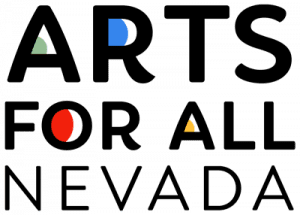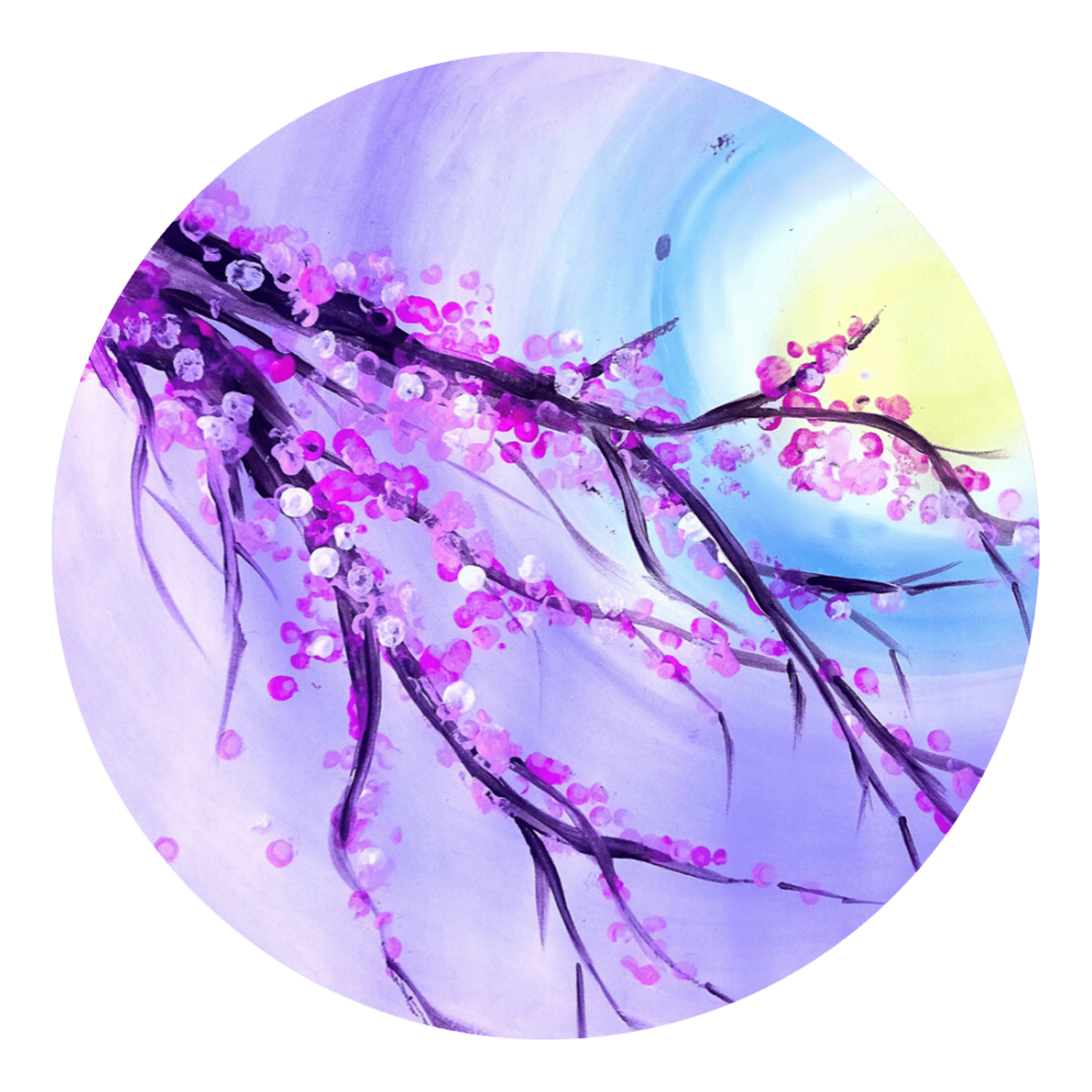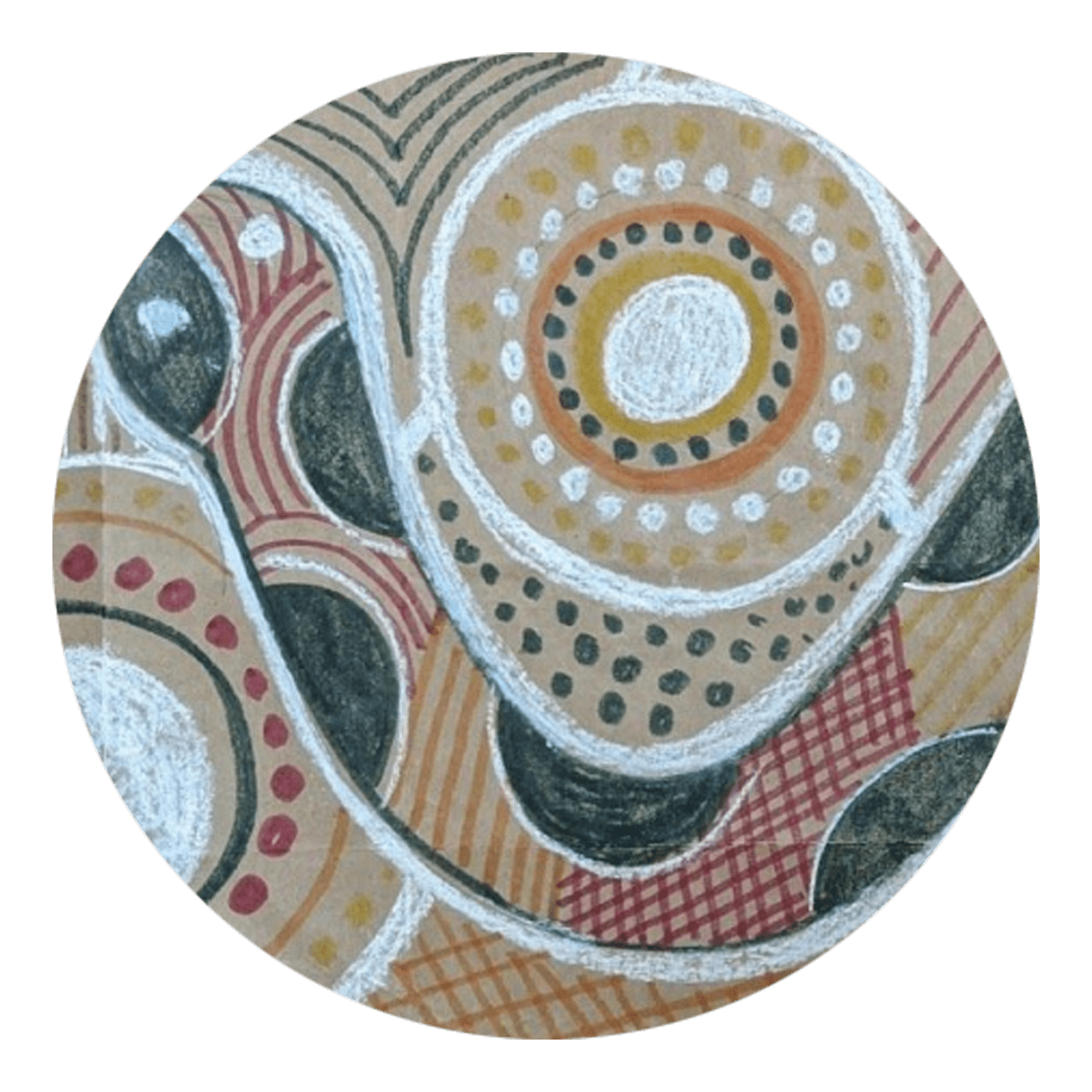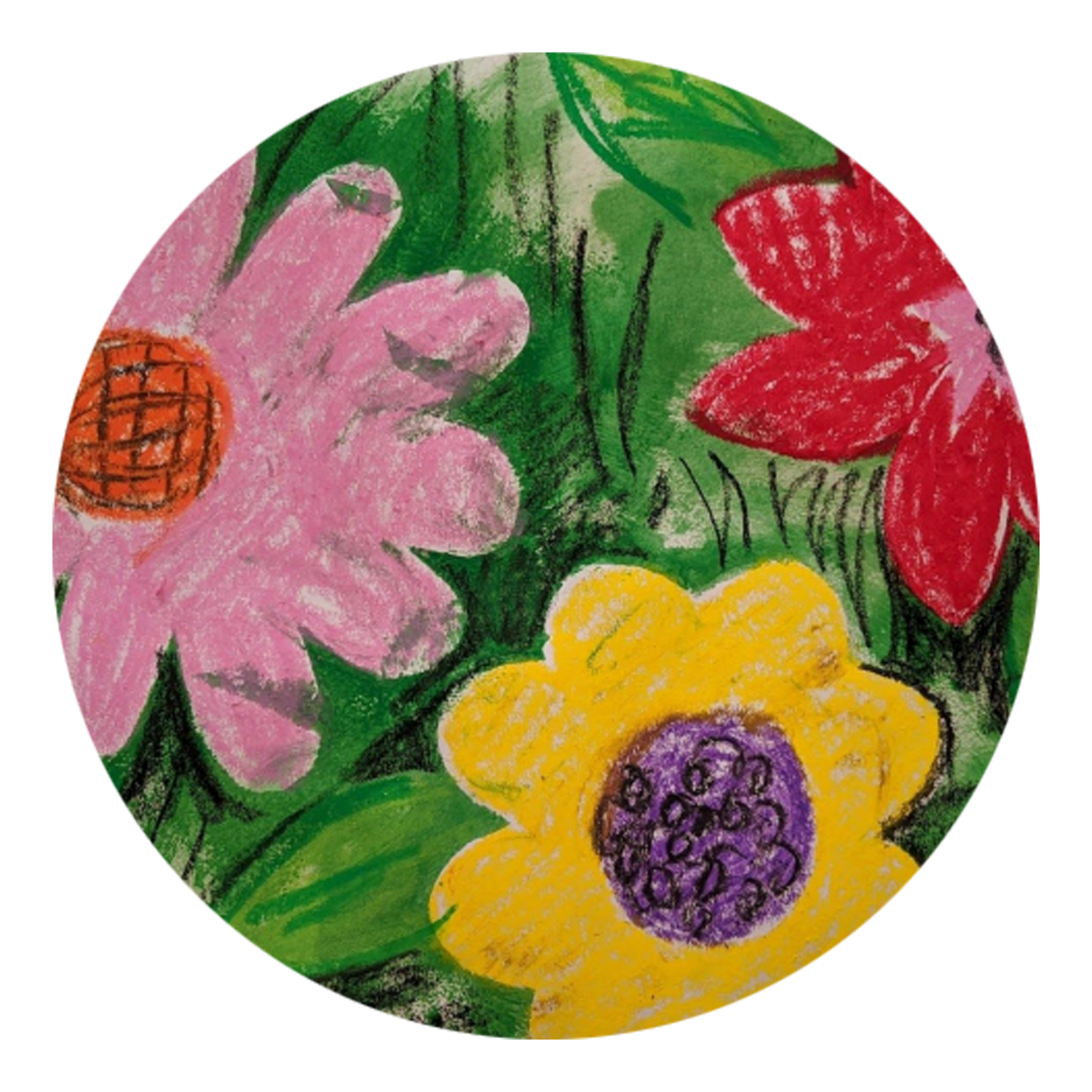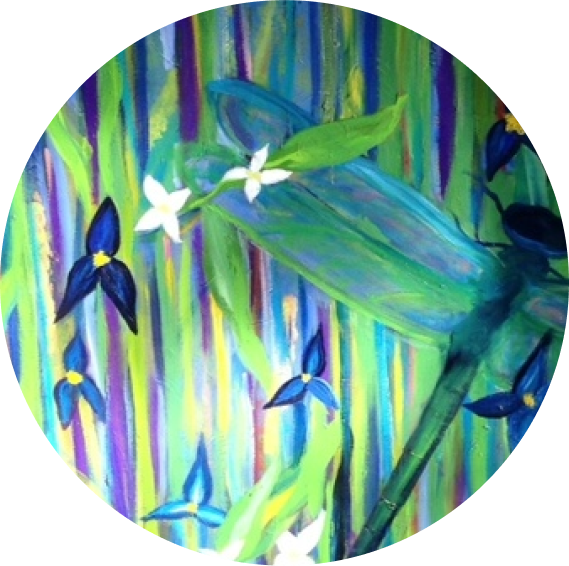ARTS FOR ALL NEVADA RESOURCES
As the community’s center for the exploration of arts and culture, we believe in the importance of connecting community members to the information they need to live a more inclusive, accessible life. Explore our list of resources below to learn more about how arts, education, and ability overlap.
Please note that the views expressed by outside resources are not always shared by Arts For All Nevada. Learn more about our values and goals.
We are fostering creativity and exploration in children and adults alike through quality programs led by talented teaching artists.
In-School Programming
Artist In Residency
Arts for All Nevada offers up to 10 hours of free, high-quality art instruction for Pre-K through 12th-grade special education classrooms. An experienced Teaching Artist is paired with your class to develop and lead custom art lessons aligned with both State and National Arts Standards. Lessons are tailored in collaboration with classroom teachers to support students’ socio-emotional development and individualized learning goals. This program is provided at no cost to qualifying special education classrooms.
The Artist in Residency Program is generously supported by ArtsHERE, the City of Reno’s Arts and Culture Commission, the John Ben Snow Memorial Foundation, the Hawkins Foundation, the Redfield Foundation, NV Energy Foundation, the Marshal R. Matley Foundation, Wood Rogers, the Northern Nevada Community Foundation of Northern Nevada, Umpqua Bank Charitable Foundation, Teichert Foundation and the Nevada Arts Council. Additional funding comes from the statewide sale of the “Rich in Art” License Plates Program.
Workshops in Title I Schools
Beginning in October 2024, through a two-year grant from ArtsHERE, Arts for All Nevada will provide art workshops to students in five Title 1, disadvantaged, and at-risk schools. The project aims to serve grades K-5, integrates literacy and language arts components and includes 5 hours of instruction per student. Arts for All Nevada is dedicated to ensuring equitable access to arts education, enhancing educational outcomes for underserved students, and fostering community engagement through the arts. ArtsHERE is an initiative of the National Endowment for the Arts in partnership with South Arts and in collaboration with the other five U.S. Regional Arts Organizations.
Art Instruction in General Education Classrooms
Arts for All Nevada offers engaging, grade-level appropriate art workshops right in your general education classroom for $70 per one-hour session. We provide subject-specific lessons tailored to your curriculum, seasonal or topical art activities, multi-lesson series covering the foundations of art, and more. All materials are included, and art workshops will take place in your classroom. General Education workshops are typically funded by a school’s PTA/PTO.
If you have any questions on how to get Arts for All Nevada into your classroom, please contact Francesca Fradianni, Arts for All Nevada’s Program Manager. Francesca can be reached by email at [email protected]g or by phone at (775)826-6100 2#.
Resources for Individuals with disabilities
FREE WEEKLY WONDERS ART PROGRAMS
for teens and adults with intellectual disabilities
Additional Resources for Individuals with Disabilities
Resources for Teachers, Parents and Caregivers
Resources for Artists
We envision a world unified by the arts, where communities engage, create, and grow together.

